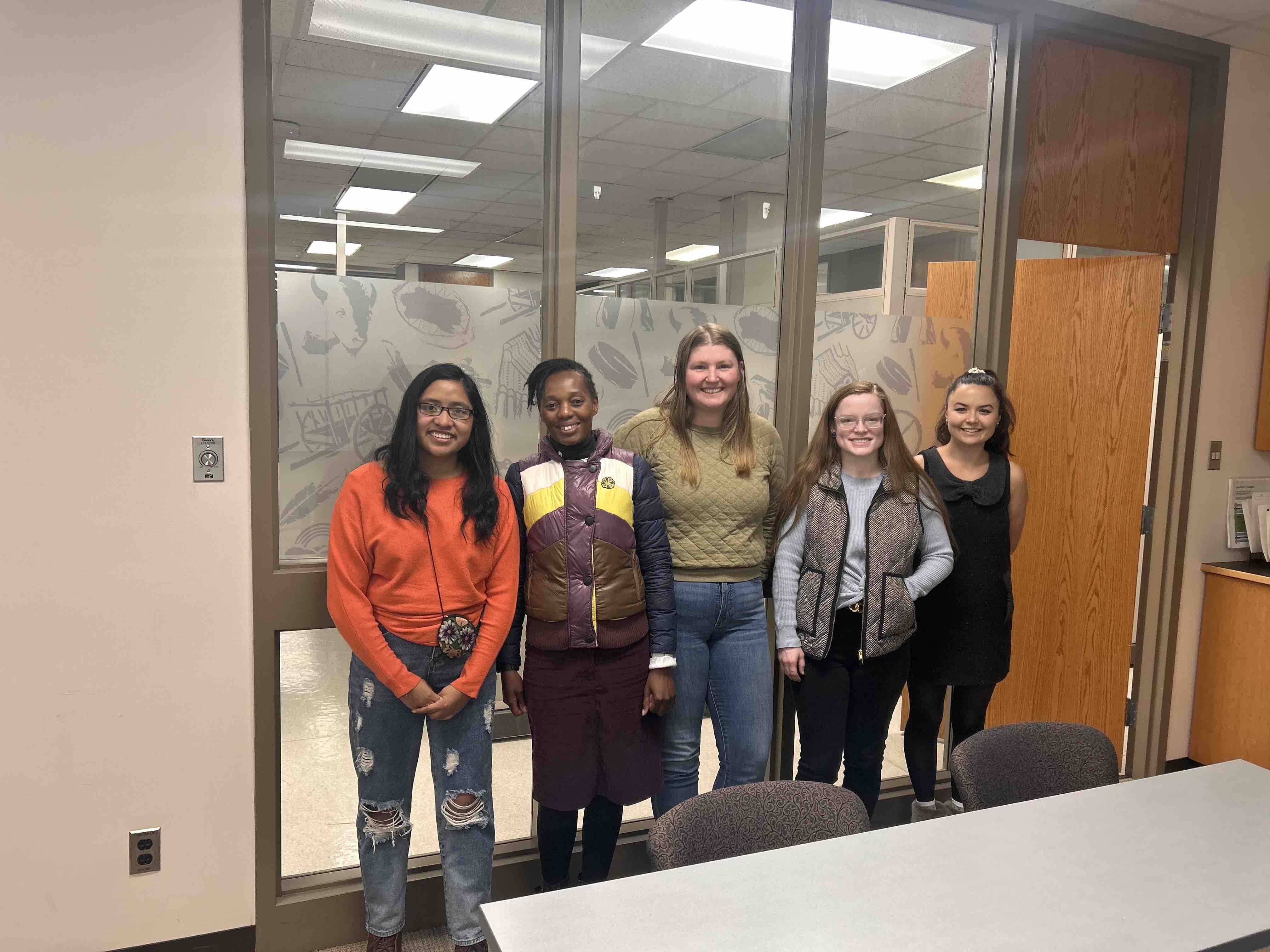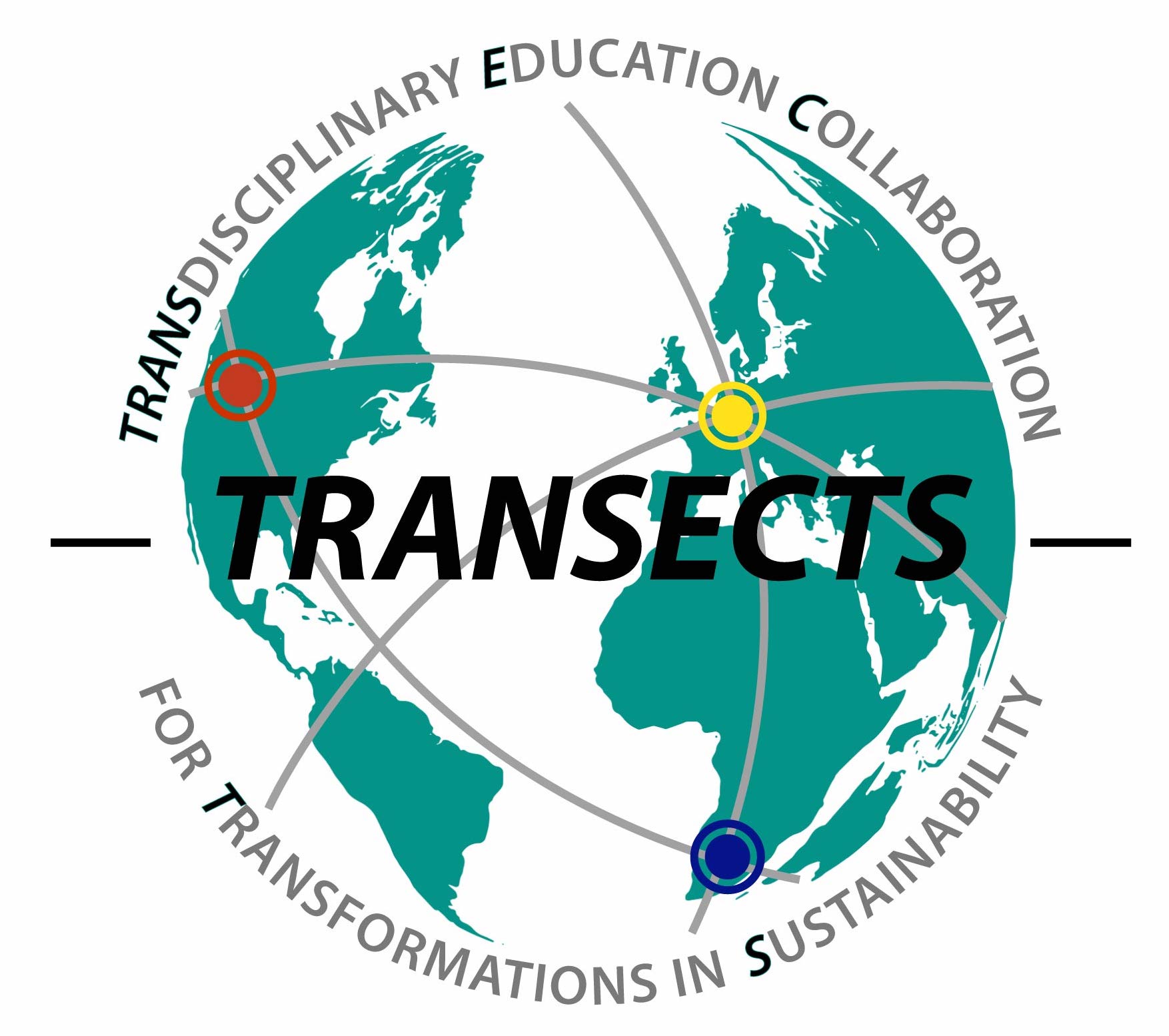
Exciting Research for TRANSECTS Beginning in October
Dr. Duduzile Ngwenya (Rhodes University, South Africa) is visiting Canada in October to conduct research at the University of Saskatchewan and Vancouver Island University for TRANSECTS. Read more about the purpose of her study.
Dr. Duduzile Ngwenya (Rhodes University, South Africa) is visiting Canada in October to conduct research at the University of Saskatchewan and Vancouver Island University for TRANSECTS.
The purpose of Dr. Ngwenya's research entitled “TRANSECTS: Evaluation of the support for transdisciplinary research, teaching and learning in higher education institutions” is to explore the ways in which universities, funding agencies and publishers are supporting transdisciplinarity. In this regard, Dr. Ngwenya and her colleagues wish to examine what institutions have done to enable transdisciplinary research, teaching and learning, while probing associated challenges and opportunities. Therefore, they are looking into interviewing senior academics and leaders who are actors and decision-makers in various universities on three continents, publishing and funding institutions involved in transdisciplinary research, teaching and learning. Also, Dr. Ngwenya will conduct a focus group discussion with implementers of transdisciplinary work such as students, researchers, and supervisors. This is to understand how, if at all, transdisciplinary is enabled, and what challenges either arise from or constrain transdisciplinary research, teaching and learning within institutions. The University of Saskatchewan and Vancouver Island University are the beginning of the research project involving six universities on three continents, to explore this phenomenon in the sustainability sciences. Following her trip to Canada, Dr. Ngwenya will continue her research in Germany while attending the German TRANSECTS team's annual Program Institute.
The exploratory study will enable Dr. Ngwenya and her colleagues to define the kind of change that they would like to see as support for transdisciplinarity. Consequently, this will in future allow them to develop indicators necessary for monitoring and evaluating transdisciplinary programmes such as TRANSECTS and other transdisciplinary work elsewhere while fostering co-learning from shared experiences.
